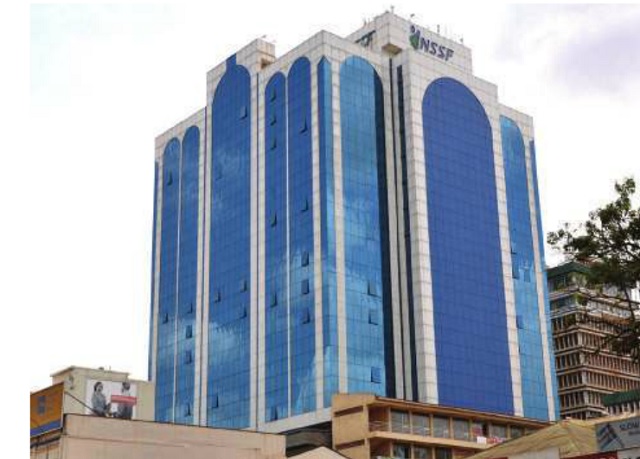By Mark Kawalya
The National Social Security Fund (NSSF) of Uganda purchased more than half of the eight billion shares of Airtel just four hours before the company’s IPO closed. Airtel struggled to find its targeted number of investors or secure a third extension to meet its goal of selling at least 20 percent of the floated stock.
According to a joint statement released on Friday afternoon by Manoj Murali, CEO of Airtel Uganda, and Patrick Ayota, managing director of the NSSF, the fund has invested $52.7 million (Ush199 billion) in 52.75 percent of the 20 percent stock that is up for grabs. According to initial reports, NSSF was reluctant to invest in the telco because it thought it would burn its fingers. But the day was saved by the last-minute buy.
According to the USE listing guidelines, any firm offering shares must sell at least 20% of the offer or get regulatory clearance to extend the offer period. With the market’s response being lackluster, Airtel was granted an extension. However, the lack of appetite among investors persisted until the NSSF entered the picture with its investment. Still, high-net-worth individuals and institutional investors are gaining more in the IPO after the telco offered bonus shares in an effort to attract more share uptake. The offer states that investors who acquire less than 37 million shares will receive 20 extra shares for every 100 shares purchased, while those who purchase more than 2,850 million shares will receive 112 bonus shares for every 100 shares purchased.
The telecom changed the terms to draw in more investors by providing more discounted shares for bulk buyers after receiving fewer subscriptions at the conclusion of the original deadline on October 13, coupled with the poor response during the extra two weeks.
According to the IPO prospectus, the telecom aims to raise US$800 billion ($211.7 million). Despite impressive half-year results released by listed firms on the stock exchange since last month, a number of institutional investors have shied away from the Uganda Assets Exchange (USE) due to persistent economic concerns, poor returns from listed shares, and relatively high interest rates on government assets.








